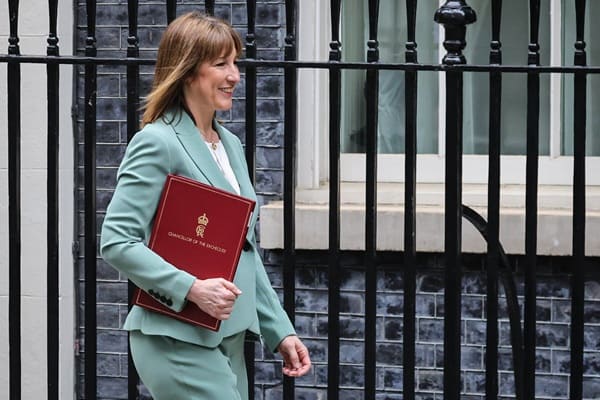
"The UK's public finances are deteriorating at speed and history shows that when the Treasury faces a fiscal crunch, pensioners are treated as low-hanging fruit. From post-war retrenchment to the stealth pension taxes of the 1990s and the allowance freezes of the past decade, successive governments have repeatedly tapped retirement savings to fill the gap. They typically see pensions as 'low hanging fruit', and there's every reason to expect a repeat in November."
"Measures framed as levelling the playing field often fall hardest on retirees and landlords who rely on savings and investment income. Such a shift would push many pensioners into higher tax brackets at a time when living costs remain stubbornly high."
"Servicing the national debt is already swallowing tens of billions more than anticipated because interest rates remain elevated. This financial reality makes a raid on retirement funds an almost irresistible option for any chancellor seeking to finance spending pledges while avoiding headline tax hikes on the working population."
A tax increase targeting pensioners is expected in the November Budget as pressure builds to raise revenue amid rising government borrowing and weak economic growth. A thinktank proposed a two-pence rise in income tax matched by a two-pence cut in national insurance, estimated to raise around £6 billion. Historical patterns show governments frequently target retirement savings during fiscal crunches, through measures such as stealth pension taxes and allowance freezes. Higher debt-servicing costs from elevated interest rates intensify fiscal strain, increasing the risk of measures that would raise pensioners' tax burdens. Treasury ministers have not ruled out tax increases ahead of the 26 November Budget.
Read at London Business News | Londonlovesbusiness.com
Unable to calculate read time
Collection
[
|
...
]